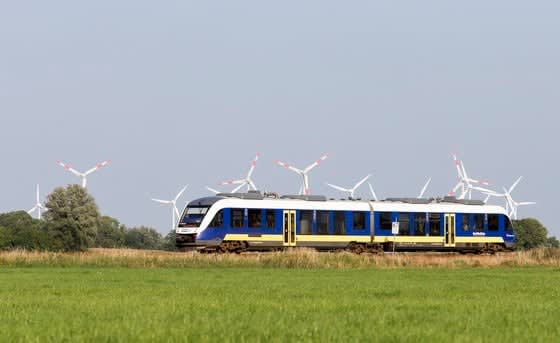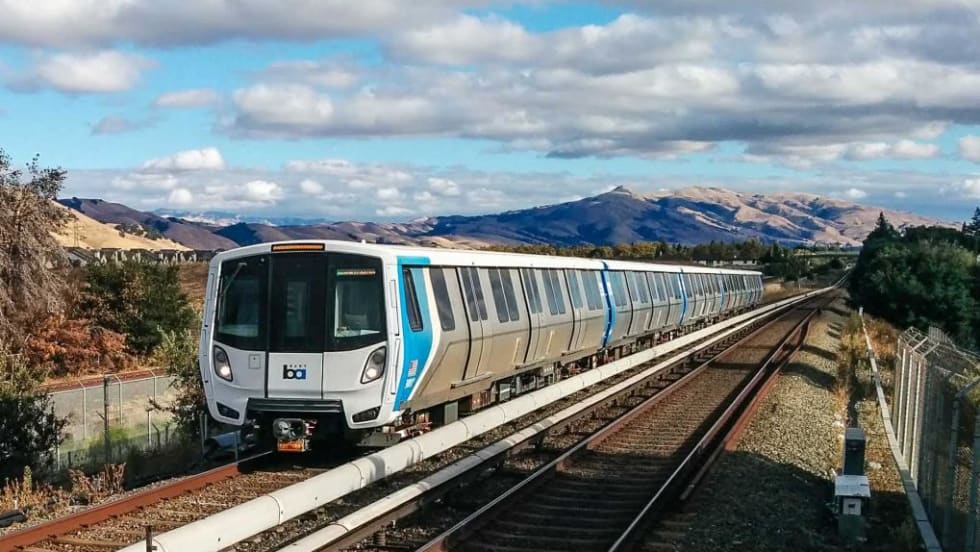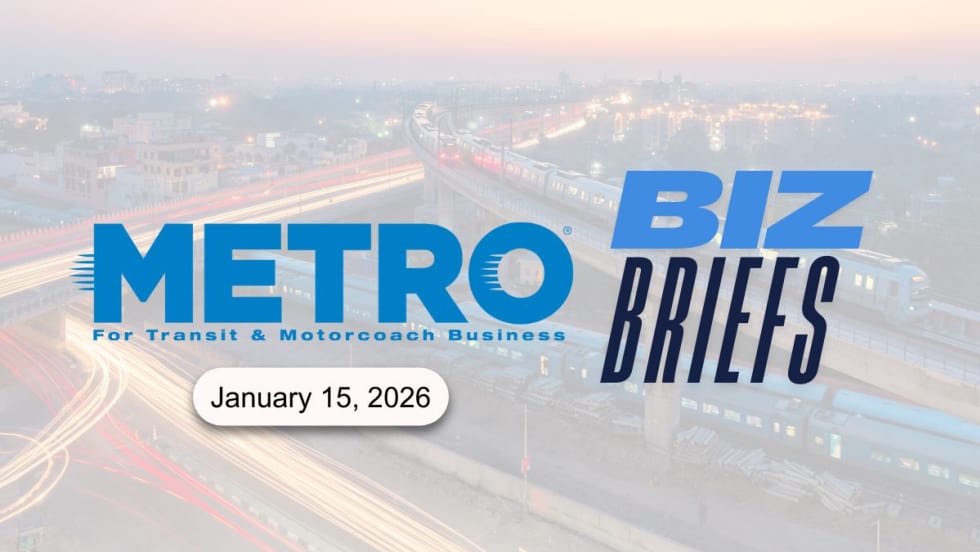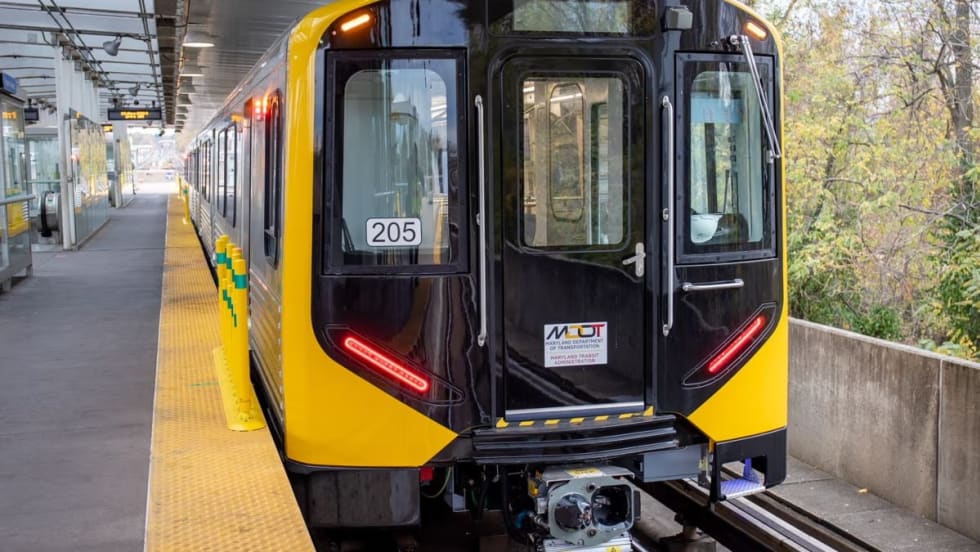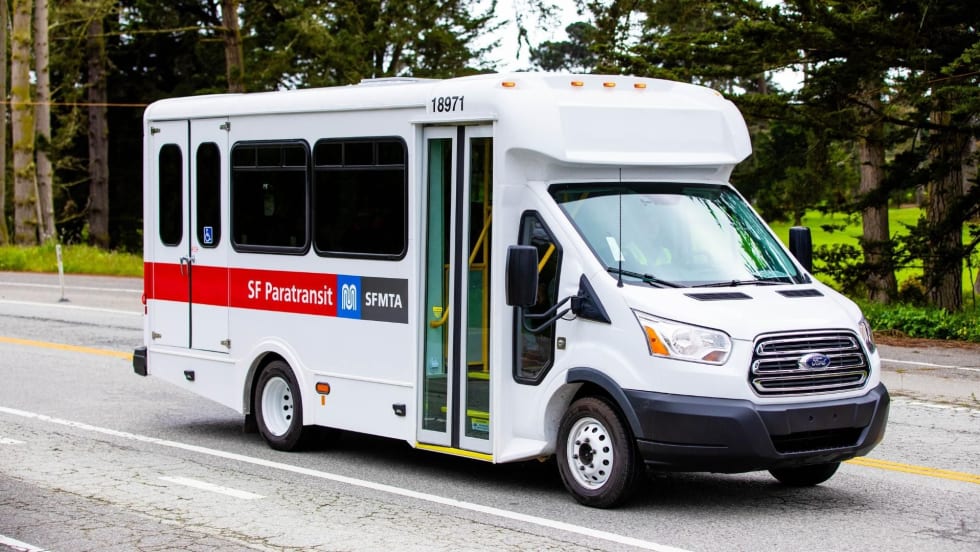Alstom's research project “Automated regional trains in Lower Saxony, Germany” is entering the next phase, according to the company's news release.
With the German Aerospace Center (DLR) and the TU Berlin, Alstom is developing technical solutions to gradually digitize rail passenger transport in Germany.
The project will explore the possibilities of automation in regional transport via the European Train Control System (ETCS). The Landesnahverkehrsgesellschaft Niedersachsen (LNVG) supports the project and is providing two regional trains for the tests. Automated driving is being tested on routes in Northern Germany.
While the Federal Ministry of Economics and Climate Protection (BMWK) is supporting the automation research project, Lower Saxony's Ministry of Economics is funding the equipment for the two test vehicles with 5.5 million euro ($5.7 million USD).
For the trials, new systems for driverless operation are being developed in a first phase. This includes signal recognition, which will provide the ability to recognize and interpret the railway traffic signals set up along the track. In addition, the train must be able to recognize obstacles. In the event of a malfunction, the train is controlled remotely or guided by the train attendant. Alstom has already demonstrated with test trains in other countries that automated driving and remote control of trains can be technically implemented.
The project will determine whether the existing regulatory framework for Automatic Train Operation (ATO) could be adapted. It will then examine which tests and results are needed to sufficiently prove safety standards for automated driving in passenger operation.
In a second phase, automated driving must take place as a “living lab” under real conditions. The new systems will be installed in the two LNVG multiple units pre-equipped with ETCS and tested in operation. The findings from development and operation will help to prepare for the later approval of fully automated trains and to further automate regional transport.
“Automated driving is the prerequisite for sustainable and efficient rail transport in the future. With our joint pilot project, we are creating the basis for the use of this technology in German regional transport and are significantly driving forward the implementation of corresponding technical solutions," said Müslüm Yakisan, president of the DACH region at Alstom. "In addition to our partnership with LNVG, we are also actively involved in several other ongoing automation projects for German regional transport. For example, we will be converting S-Bahn and regional trains in the greater Stuttgart area to ETCS technology as part of the Stuttgart 21 and 'Digital Node Stuttgart' lighthouse projects.”




